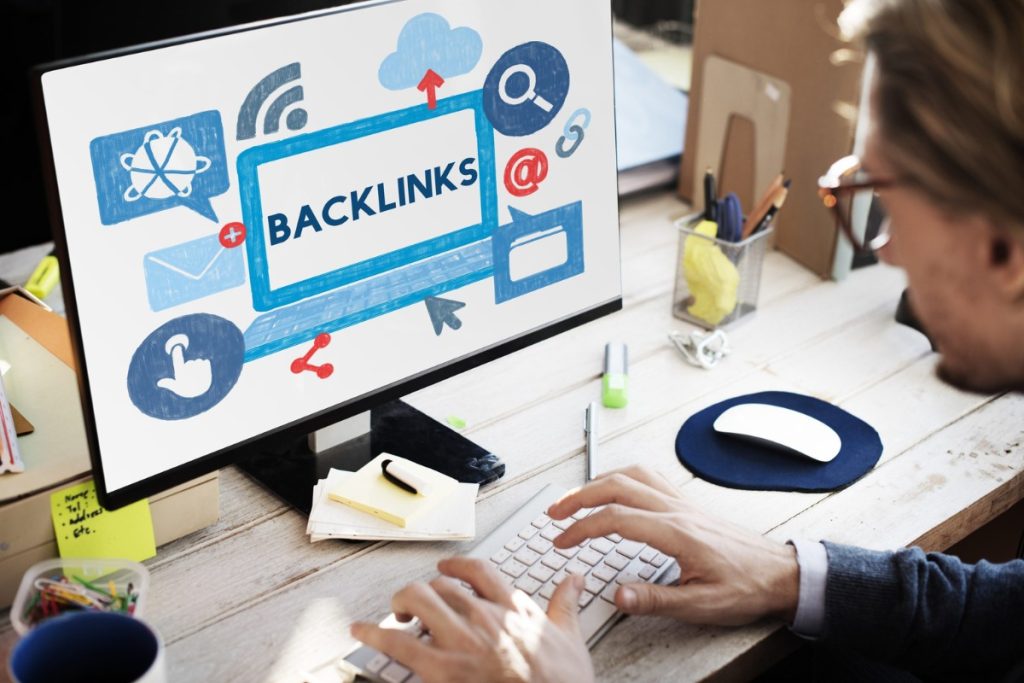Introduction
Off-page SEO has seen a significant transformation in the constantly changing field of digital marketing. The days of off-page SEO being only associated with backlinks are long gone. In order to assess a website’s credibility and relevancy, search engines now take into account a wider range of elements, including authority, influencer outreach, local signals, and brand mentions. This article examines the main facets of contemporary off-page SEO, assisting marketers in comprehending how to efficiently increase rankings and establish authority.
What Is Off-Page SEO, Really?
Off-page SEO means all actions outside your website to boost its search ranking. Although backlinks are still important, brand mentions, social signals, digital PR, and influencer partnerships are all incorporated into today’s off-page SEO strategy.
Among the primary off-page SEO components are: Reputable backlinks from reputable websites
- Brand mentions that raise awareness, both related and unlinked
- Participation and shares on social media
- Influencer marketing partnerships and digital PR campaigns
Off-page SEO helps search engines see your website as relevant and trustworthy by integrating these components.
Local SEO and Off-Page Signals
Local SEO is essential for companies that target particular regions. Here, off-page SEO is important since it affects local search ranks.
Important local off-page SEO indicators:
- References from the region: Your business’s NAP appears in local directories and review sites.
- Profile on Google My Business (GMB): Optimizing your GMB listing and getting reviews boost local visibility.
- Local backlinks: It is beneficial to have links from blogs, community websites, and local news sources.
- User reviews: Positive reviews on Google, Yelp, and niche sites boost trust and local rankings.
Businesses can increase their visibility in “near me” searches and local map packs by developing strong local off-page SEO signals.
Backlinks: Are They Still the King of SEO?
Off-page SEO has historically been built on backlinks.These connections serve as approvals, indicating to search engines that your content is reliable. The emphasis has increasingly changed to the importance and significance of backlinks instead of just their number.
Reasons why backlinks remain significant:
- Act as recommendations from various websites.
- Both domain authority and search ranks are raised by high-quality backlinks.
- Links that are included into relevant information are more important.
- Inappropriate or spammy backlinks can negatively impact your SEO.
Creating backlinks via authentic outreach, guest blogging, and high-quality content production is increasingly crucial for sustaining a robust off-page SEO presence.
Are All Backlinks Created Equal?
No, when it comes to off-page SEO, not all backlinks are created equal. The amount of SEO value that a backlink brings to your website is determined by a number of factors.
Why is a backlink important?
- Domain Authority: More SEO juice is passed through links from domains with a high level of authority.
- Relevance:Links from industry-related websites are more valuable.
- Placement: Links in the footer or sidebar are not as effective as editorial links in relevant content.
- Search engines are better able to comprehend linked pages with descriptive and pertinent anchor text.
- Link type: NoFollow links may offer indirect advantages, but DoFollow links directly affect rankings.
You may concentrate on creating a stronger, more useful link profile if you are aware of the subtleties of backlink quality.

What Does “Authority” Mean to Google Now?
Google assesses authority based on the reliability, skill, and experience of your website and content producers in addition to the quantity of connections.
Developing authority entails:
- Releasing knowledgeable, thoroughly researched content
- Getting good feedback and endorsements
- Making sure websites are transparent and secure
- Obtaining references and support from reliable sources
It is more likely that you will rank highly in competitive niches if you adhere to Google’s E-E-A-T criteria (Experience, Expertise, Authoritativeness, Trustworthiness).
Measuring Off-Page Impact: What Should You Track?
To evaluate the effectiveness of your off-page SEO initiatives, you must track the appropriate indicators.
Important KPIs to keep an eye on:
Domains that are referred to: The quantity of distinct websites that link to your domain
- Domain Authority (DA): Your backlink profile’s strength and reliability
- Brand mentions: The quantity and caliber of references to your company that appear online
- Social engagement: Exchanges and shares that increase the exposure of content
- For local SEO success, use local citations and reviews.
- Branded search volume: An increase in the number of individuals looking for your brand in particular
Use SEO tools like Moz, Ahrefs, SEMrush, and Google Analytics to keep an eye on these signals and enhance your strategies.
Conclusion
Off-page SEO is far more dynamic and intricate now than it was in the past. Although backlinks are still essential, influencer outreach, digital PR, local SEO signals, and brand mentions are now crucial for establishing credibility and authority.Here’s a paraphrased version of your sentence:
It is important to recognize that backlinks vary in value, so focusing on quality rather than quantity is essential. Businesses can increase their search rankings and brand awareness over time by implementing a thorough off-page SEO plan.
Platforms like Wiraa, a global remote work platform, can link you with businesses who appreciate contemporary off-page SEO skills if you’re a digital marketer or SEO specialist hoping to advance your career while becoming an expert in these changing tactics. By taking advantage of these chances, you can maintain your lead in the cutthroat field of digital marketing.




